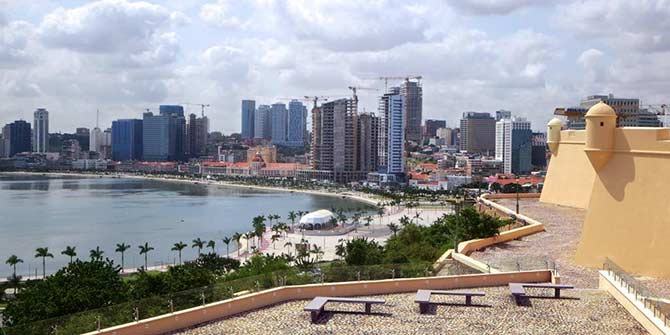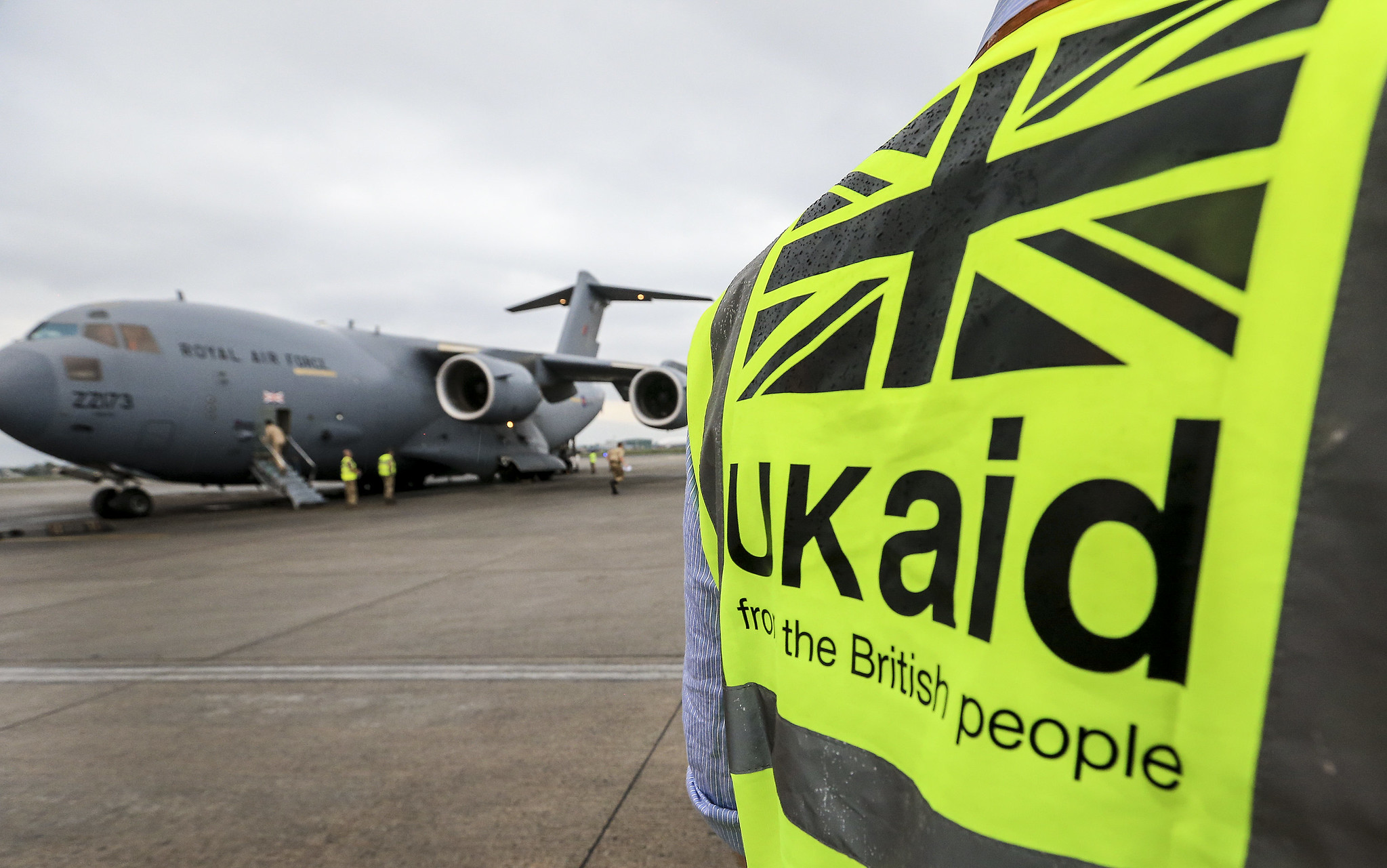The recent natural disasters in Libya and Pakistan have shown the cost economic and psychological cost of long-term recovery. It’s important to get the balance between long-term recovery and immediate relief right as climate change makes these events more frequent, writes Olasunkanmi Habeeb Okunola.
The consequences of the destructive flood that hit Libya on 10 September 2023 have been dire. The loss of over 6,000 lives and the disappearance of 10,000 people have left a trail of grief in their wake. More than 40,000 people remain displaced with uncertain prospects for return, which is exacerbating labour shortages and disrupting essential services such as healthcare provision. Infrastructure in northeastern Libya has suffered significant damage, and economic repercussions are likely to continue for some time.
The flood underscored Libya’s vulnerability to climate-related threats, exacerbated by political instability, conflict, and a deteriorating economy. The 2022 floods in Pakistan bear striking resemblance to those which hit Libya. Both events left a trail of devastation with huge damage to infrastructure, including buildings, roads, and crops, in both countries.
In response to the Libyan floods, the international community joined forces with local partners and Libyan authorities to provide immediate assistance to those affected. The humanitarian response focused on crucial tasks such as identifying sites to host displaced people, distributing essential relief items, and addressing protection concerns against gender-based violence and child exploitation.
In Pakistan, the government, in conjunction with private citizens and international donors, raised £193 million to provide cash support to 2.2 million households, and hundreds of thousands of tents, food, water and medicines were distributed to the displaced.
The immediate response and relief efforts have now been rolled out in Libya’s affected regions. It is now crucial to shift the focus beyond immediate relief to long-term recovery. Priority four of the United Nations Sendai Framework, which guides disaster prevention, emphasises the importance of “building back better” in recovery, and aiming for enhanced assets, increased resilience, and reduced vulnerabilities after natural disasters. Unfortunately, long-term recovery often takes a backseat to short-term relief in disaster management policies and practices worldwide.
Financing recovery
Sustainable recovery from the Libyan flood requires access to long-term funding to support the necessary reconstruction efforts. Countries that have had to finance recovery efforts in the past have had to rely on loans to fund reconstruction. These same countries are often forced to continue servicing existing loans in the aftermath of disasters instead of allocating funds to recovery.
Pakistan’s recovery from the major floods of 2010 and 2011 serve as a stark example of the challenges countries face when burdened with heavy debt. In order to rebuild and rehabilitate, Pakistan was compelled to borrow a staggering £15-30 billion.
In 2021, the weight of servicing Pakistan’s debt came to £9 billion annually, accounting for 32 per cent of the government’s revenue. Consequently, the government’s fiscal space to effectively respond to the 2022 floods was severely constrained. To compound the issue, Pakistan acquired more debt to address the aftermath of these floods than it received in humanitarian support in 2022.
Libya, which was already grappling with economic challenges prior to the floods, can learn from the precarious situation facing Pakistan. It underscores the importance of managing debt and maintaining financial resilience in the face of climate-related disasters.
Rebuilding and recovering
In Pakistan, the reconstruction of damaged infrastructure, including roads, power stations, and hospitals has taken a responsible approach. It draws inspiration from the self-resilience housing model developed by Yasmeen Lari, Pakistan’s first woman architect. At the heart of Lari’s housing model lies the concept of self-building, where community members actively participate in constructing their own homes. This not only fosters a sense of ownership and pride but also ensures that the skills and knowledge required for building disaster-resilient structures are ingrained within the local community. Gone are the days of relying solely on outside assistance; Lari’s model empowers individuals to become architects of their own futures. This model promotes sustainability and generates local employment by utilising locally sourced materials and engaging the community.
It is crucial for Libya to learn from the successful self-resilience housing approach employed in Pakistan.
Recovery efforts should not be solely focused on rebuilding physical infrastructure but also on strengthening economic, social, and environmental resilience. In Pakistan, millions of people are still struggling to find sustainable means of livelihood after the floods. Clean water also remains a pressing issue in many affected areas. Effective coordination and action at the local level are essential to revive the spirits and identity of the affected communities.
Equally important is providing social and psychological support, including counselling services and mental health systems, to address trauma, grief, and loss. Post-traumatic stress disorder symptoms are prevalent after extreme floods. A report from the Pakistan flood in 2022 showed that survivors with strong psychological support recovered more rapidly and completely following the disaster.
Achieving sustainable “build back better” requires stable governance and cooperation. Fragile regions like Libya and Pakistan need support to build peace, strengthen communities, and prepare for inevitable climate shocks. Addressing environmental disasters and conflict should be viewed as interconnected challenges, with peacebuilding being integral to climate crisis adaptation and mitigation practices.
Photo credit: DVIDSHUB used with permission CC BY 2.0 DEED





